“Hi Jacques,” I say as the publisher of Fitzcarraldo Editions appears on my Zoom screen with his Franz Hals facial hair. “Thanks for making the time.” I explain, apologetically but cheerily, that I’m going to be asking him to give his basic “how I keep winning Nobel Prizes’ spiel” — at which, I say, he’s probably by now well practiced. “Hm,” he says, “I’m not sure about that. I’ll do my best.”
Though he’s grateful for what it’s done for his tiny publishing company, you sense that Jacques Testard probably finds it a bit irksome that it takes the ephemeral showbiz razzle of the Swedish academy to bring the experimental writing he publishes anything much in the way of public attention.
But there again, the Nobel thing is hard to ignore. The tiny highbrow press that Testard started less than ten years ago with a $85,000 loan (enough, he says he calculated at the time, to publish ten books and keep him alive for two years) now has seven employees. Over that decade no fewer than four of its authors have copped the Nobel: Svetlana Alexievich, Olga Tokarczuk, Annie Ernaux and now Jon Fosse (“John Foss,” I say; “Yon Fosser,” Testard says without expressly correcting me).
“I remind every author that we publish, whenever they make it on to the list of a prize, that prizes are terrible,” he says, “unless you win. I think that’s quite a useful way to think about them. For us, obviously, prizes have been huge and the Nobel Prizes especially transformative in terms of booksellers and visibility, but also in terms of giving a boost not just to the authors who have won them, but to the rest of the list. I think, at least compared to prize culture in France, we’re not corrupt. There is at least a broadly ethical way of running literary prizes.”
‘There’s this idea that publishing translation is more expensive, is riskier and doesn’t sell’
Anyway, he’s doing something right. Fitzcarraldo was named, with wan knowingness, for the Werner Herzog movie in which a madman tries to haul a steamship over a mountain in the Amazon jungle. When he started it, Testard, then in his mid-twenties, had abandoned plans for a PhD in history because he found it “boring,” and bounced around in various internships — a French publishing house, Farrar, Straus & Giroux in New York, the Paris Review, a stint at the Sunday Times of London — before co-founding the White Review as a UK version of a European literary magazine. “I realized quite quickly, in the early years of the White Review, that I wanted to be an editor and edit books,” he says. After being turned down for all the jobs he applied for (“overqualified”), and a couple of years working on another small publisher, Notting Hill Editions, he launched Fitzcarraldo in 2014.
Fitzcarraldo have always published about half and half fiction and non-fiction, half and half translated work and English-language originals (the authors include Joshua Cohen, Brian Dillon, Claire-Louise Bennett, Adam Mars-Jones, Ben Lerner and Joanna Pocock). But it’s the foreign-language material that has brought them most attention. Testard, who is himself trilingual in English, French and Spanish, discovered that for European greats “there wasn’t much competition at the point of acquiring these books” for an English market. When he first signed up Svetlana Alexievich, he was the only bidder, despite her six-figure sales on the Continent.
“I couldn’t have built this list in any other western European country,”!he says. “All the writers we publish at Fitzcarraldo in translation — and I’m not just talking about the Nobels, but people like Mathias Enard or Guadalupe Nettel — have the best publishers in France, Spain, Germany, Italy. It’s only in the Anglophone world that there was this blind spot. I think there is an arrogance in Anglophone publishing, not just in the UK but in America as well, that with English being the dominant language we don’t necessarily need to look outside of its borders.”
“There may be also a kind of legacy of imperialism: traditionally the world has come into English literature in the form of Commonwealth writers writing in English. Perhaps there was a sense that, with the Booker Prize, that was kind of enough. There’s also this idea that publishing translation is more expensive, is riskier and doesn’t sell. I think the fact that Fitzcarraldo is on the brink of its tenth anniversary and has four Nobel winners is proof otherwise. It is possible to make it work and to take risks on books of the highest literary quality in translation.”
Unlike most UK publishing, whose interest in foreign-language material tends to be pretty siloed (Scandinavian crime, Latin American magic realism, Japanese whimsy), Testard committed to seeking out ambitious writing. I ask him about a recent viral article declaring the death of “literary fiction” as a category; he read the piece but says, “it’s a useful signifier for us, as publishers, to say we publish literary books.” He alludes approvingly to Roberto Calasso’s idea that a small publisher’s list should be a sort of work of art in itself — a “constellation”!in which “you could read your way through it and sort of see all these connections and echoes and affinities emerge.”
Returning to our blind spot about foreign fiction, I wonder if the narrow UK literary scene is down only to what Milan Kundera called “the parochialism of large nations” — a complacent sense that there’s plenty to be going on with in the English language? Or is it also linked to the Kingsley Amis anti-intellectual strand in our culture that instinctively mistrusts formal experimentation and fears above all else being called pretentious?
‘People do follow our books… they’ll buy a book without necessarily knowing who the author is’
“I think maybe a bit of both,”!says Testard. “I think the parochialism thing does resonate. You see it in bookshops. Despite the recent boom — if we can call it that — in translated literature, in Britain translated fiction is almost considered a genre in and of itself. Then the formal innovation thing. I’m trying to think of who the equivalent authors might be in the English language. Someone like Tom McCarthy [C, Satin Island, The Making of Incarnation] has been, you know, received with some suspicion in Britain, as has Adam Thirlwell — and they are both very much writing in the tradition of high European modernism.”
Even leaving aside the occasional thunderbolt from Sweden, Testard’s experience seems to offer the hope that British book-buyers aren’t an irredeemably philistine lot. Fitzcarraldo’s quality-first attitude is backed by shrewd branding that imitates the austerity of European literary publishing. Non-fiction is in plain paper covers with blue lettering on a cream background; fiction is cream lettering on blue. A row of Fitzcarraldos on your bookshelf is to today’s thirtysomething intellectual what a row of white Picador spines was to one in the early 1990s.
“We have managed to build up a loyal readership,” Testard says. “People do follow our books in the way that they might follow a record label; they’ll buy a book without necessarily knowing who the author is. What that’s meant, with the successes we’ve had on the prize side, is that we’ve been able to increase the basic print run for every book that we do. Two or maybe three years ago, we would do 2,000 copies for every book as standard, unless it was a prize-winner. Now it’s a minimum 4,000, and most of the books we do reprint within six to nine months. So I guess it’s quite heartening. Everything does pretty well. Some things do very well. I think new novels in the UK sell an average of something like 600 copies each. I don’t think we have a single book that sold less than 1,000 copies in the history of Fitzcarraldo.”
He adds: “In the nine years that we’ve been around, I think the International Booker Prize has made quite a big difference. When we started it was still around 3 or 4 percent of books sold in the UK each year were translated. Now it’s six or seven. And the 25-to-34 demographic are reading more translation than any other age group, which I think is heartening, and speaks to the fact that a generation that voted overwhelmingly to stay in Europe is more interested in what’s happening outside the borders of the UK.”
So, improbably enough, that steamship is making its way through the jungle. Has he had corporate publishers offering to buy the company, or fill his pockets with gold to come and run a list? You bet he has. “I have had conversations with people, because I guess it’s always interesting to have the conversation, but no,” he says. “I’m not tempted at all. I would like to run Fitzcarraldo as an independent publisher for the rest of my life. I think I’m interested in publishing as an intellectual project, as pretentious as that sounds.”
This article was originally published in The Spectator’s UK magazine. Subscribe to the World edition here.



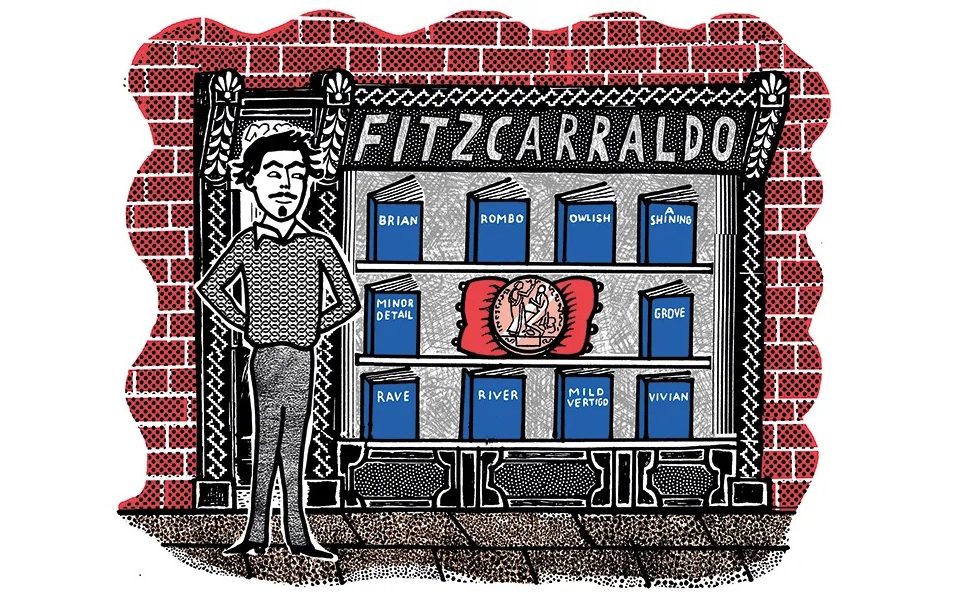









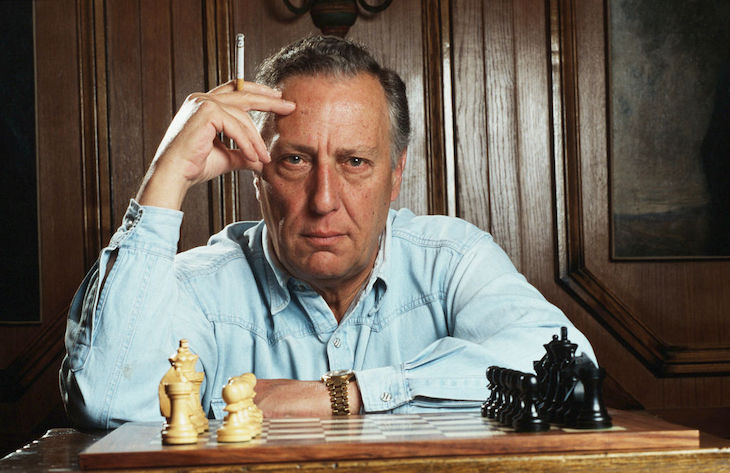

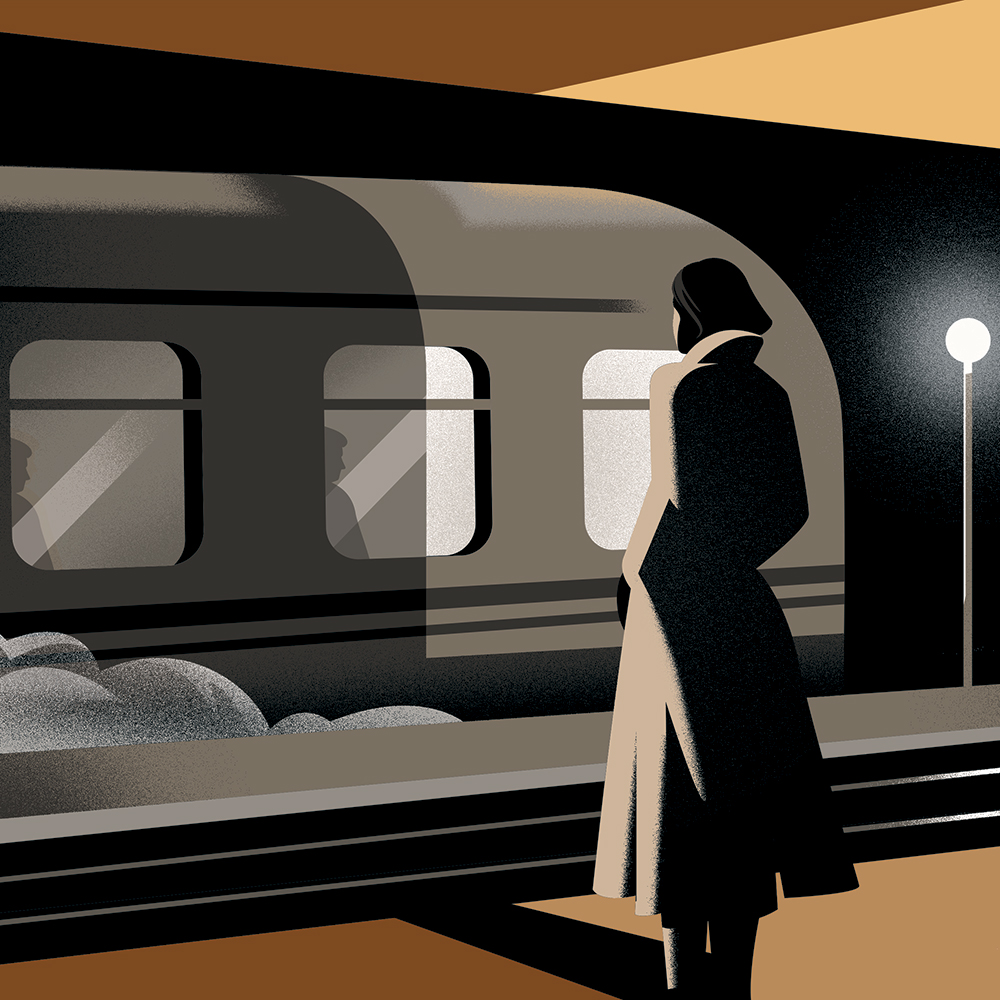
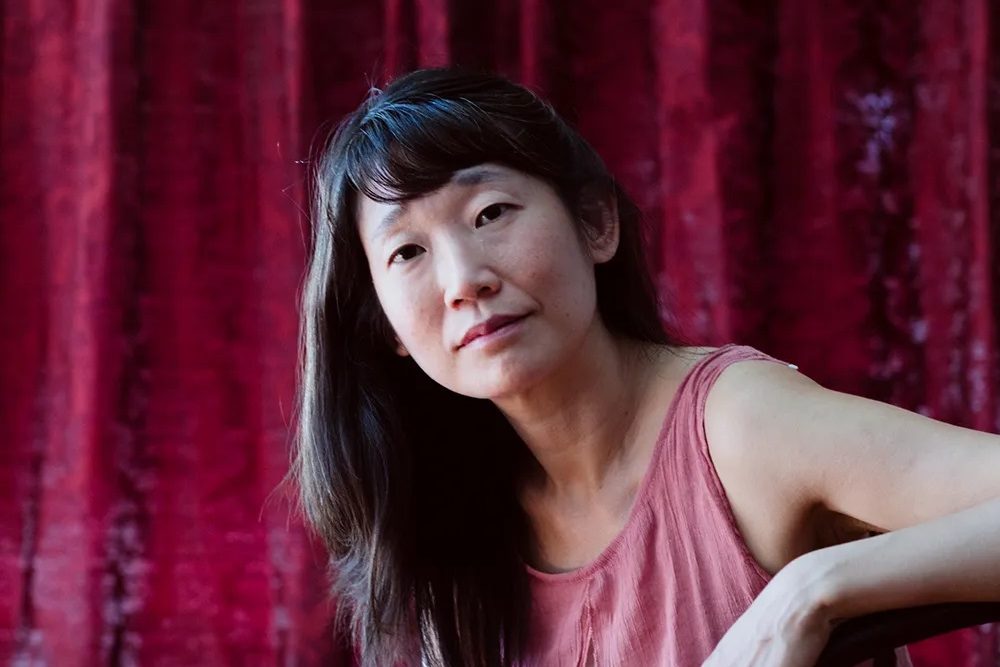
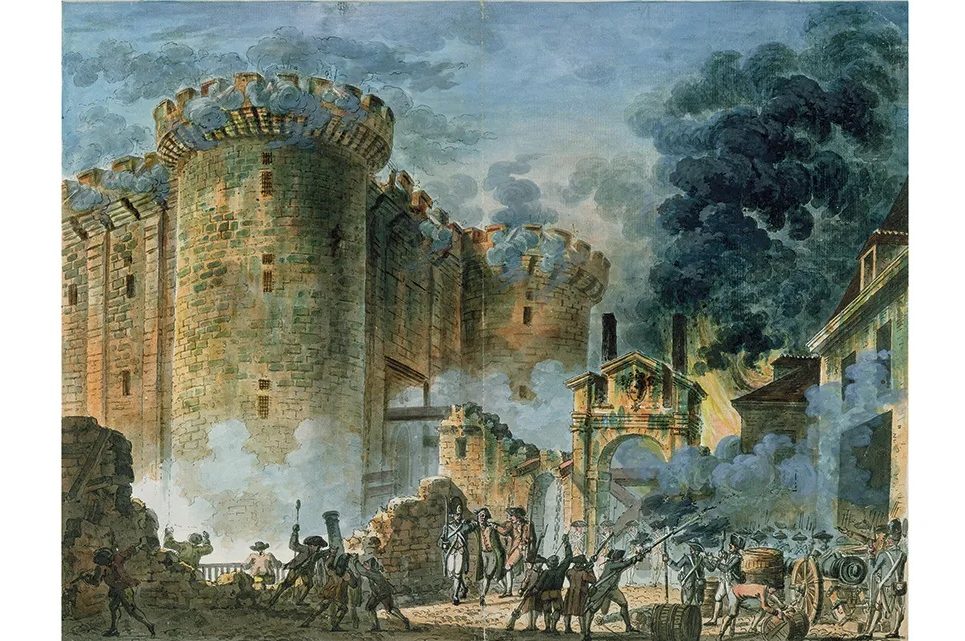








Leave a Reply